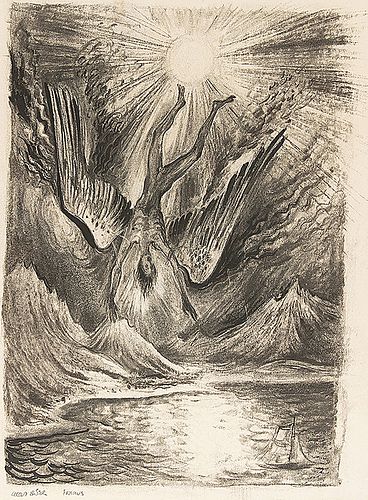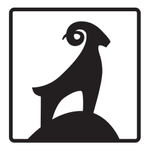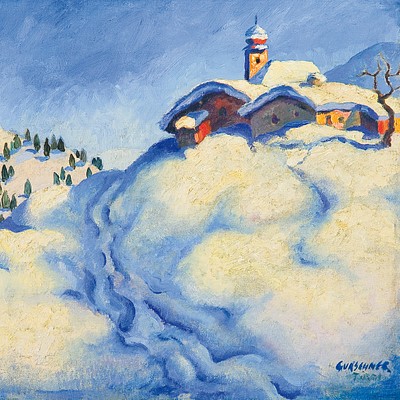ALBERT BIRKLE* (Berlin 1900 - 1986 Salzburg)
Lot 92
Estimate:
EUR€1,000 - EUR€2,000
$1,086.96 - $2,173.91
Absentee vs Live bid
Two ways to bid:
- Leave a max absentee bid and the platform will bid on your behalf up to your maximum bid during the live auction.
- Bid live during the auction and your bids will be submitted real-time to the auctioneer.
Bid Increments
| Price | Bid Increment |
|---|---|
| EUR€0 | EUR€10 |
| EUR€100 | EUR€50 |
| EUR€700 | EUR€100 |
| EUR€1,000 | EUR€200 |
| EUR€3,000 | EUR€300 |
| EUR€3,600 | EUR€400 |
| EUR€4,000 | EUR€500 |
| EUR€7,000 | EUR€1,000 |
| EUR€16,000 | EUR€2,000 |
| EUR€30,000 | EUR€3,000 |
| EUR€36,000 | EUR€4,000 |
| EUR€40,000 | EUR€5,000 |
| EUR€150,000 | EUR€10,000 |
About Auction
By Widder Auctions
Nov 23, 2023
Set Reminder
2023-11-23 11:00:00
2023-11-23 11:00:00
America/New_York
Bidsquare
Bidsquare : Masterpieces
https://www.bidsquare.com/auctions/widder-auctions/masterpieces-14076
Masterpieces by Austrian and German artists are coming up for auction in Vienna on November 23rd Widder Auctions office@widderauktionen.com
Masterpieces by Austrian and German artists are coming up for auction in Vienna on November 23rd Widder Auctions office@widderauktionen.com
- Lot Description
ALBERT BIRKLE* (Berlin 1900 - 1986 Salzburg)
Ikarus
mixed media/paper, 56,8 x 49,4 cm
signed Albert Birkle
inscribed Ikarus
verso pencil study male nude
ESTIMATE € 1000 - 2000
STARTING PRICE € 1000
The German painter and draftsman Albert Birkle completed an apprenticeship as a decorative painter, studied from 1920 to 1925 at the Hochschule für bildende Künste in Berlin and was a master student of Arthur von Kampf. During his studies, he developed a religiously influenced, socially critical realism with formal-aesthetic, neo-objective elements, which bore caricatural traits, especially in his character heads. Standing between Expressionism and New Objectivity and often overdrawn into the fantastic, a direct and close reference to the Christian Passion is often recognizable. As the youngest member, Birkle was accepted into the Berlin Secession in 1921; later he was accepted into the Prussian Academy of Arts, led by Max Liebermann as president. The artist turned down the offer of a professorship at the Königsberg Academy in 1927 in order to carry out commissions for church murals in Gaislingen and Katowice, among other places. After the seizure of power Birkle moved to Salzburg, keeping his Berlin studio. In 1936 he exhibited at the Berlin National Gallery and represented Germany at the Venice Biennale. The paintings shown there were removed from the Haus der Deutschen Kunst in Munich in 1937, other works of his were confiscated from public collections as degenerate, and he himself was banned from painting. Birkle volunteered for the Reich Labor Service, which allowed him to temporarily avoid military service. He worked as a war painter, war correspondent and had to enlist in 1944. In 1946 Birkle received Austrian citizenship and devoted himself primarily to sacred design paths as a glass painter. In the 1950s and 1960s he produced significant works in this field. In his late work as a painter and draftsman, he drew on the socially critical tendencies of his early motifs in an expressive style. Daedalus/Daidalos and his son Icarus/Ikaros were imprisoned by King Minos in the Minotaur's labyrinth on Crete as punishment because Daedalus had given Theseus helpful tips on how to use Ariadne's thread. Since Minos controlled the sea and the land, Daedalus invented wings for himself and his son from feathers that he attached to a rod with wax. Before takeoff, he warned Icarus not to fly too high or too low, otherwise the heat of the sun or the moisture of the sea would cause him to crash. After they passed Samos, Delos and Lebinthos, Icarus became cocky and climbed so high that the sun melted the wax, whereupon the feathers came off and he fell into the sea. The desperate Daedalus named the island where he buried his son Ikaria. According to Ovid, the gods let Icarus die in revenge because Daedalus murdered his nephew and student Perdix out of envy of his skills.
PLEASE NOTE:
The purchase price consists of the highest bid plus the buyer's premium, sales tax and, if applicable, the fee of artists resale rights. In the case of normal taxation (marked °), a premium of 24% is added to the highest bid. The mandatory sales tax of 13%, for photographys 20%, is added to the sum of the highest bid and the buyer's premium. The buyer's premium amounts to 28% in case of differential taxation. The sales tax is included in the differential taxation.
- Shipping Info
-
Shipping Terms
We will send you the invoice shortly after the auction. As soon as we have recieved the amount, the art can be picked up at Johannesgasse 9-13, 1010 Vienna. Please note that the buyer is responsible for pick-up and shipping of the lot.
Should you wish to ship your items, please contact:
Mailboxes
Email: oper@mbe-co.at
Tel: 01 5128855
Please note that storage fees may apply, should the pieces not be picked up within 14 days after invoicing for domestic and 28 days for international transportation.
Our team will be happy to assist you with any further information at office@widderauktionen.com or at 0043 676 555 66 10.
-
- Buyer's Premium



 EUR
EUR CAD
CAD AUD
AUD GBP
GBP MXN
MXN HKD
HKD CNY
CNY MYR
MYR SEK
SEK SGD
SGD CHF
CHF THB
THB












